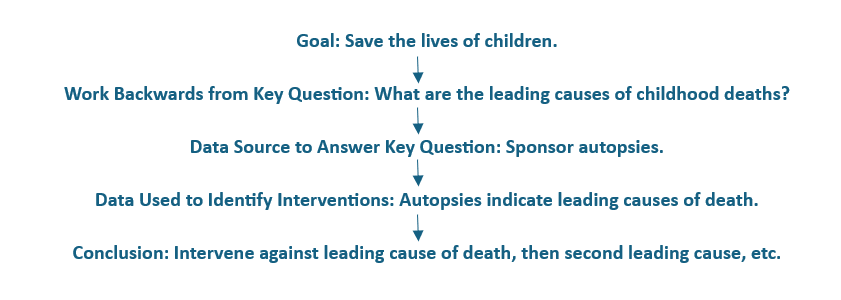
Brain Food
BRAIN FOOD
Statistics and community indicators are a starting point, only one component of the full story. The stories behind the numbers provide important context for our indicators, painting the more complex realities of society.
These discussion topics can help remind you of these larger narratives, shaping the way things are, the way things work, and the way things could be.
Consider this your BRAIN FOOD, nutrition for healthy thought!
Explore Topics
- Achievement Gap
- Arts and Culture
- Banking
- Belonging
- Bill Gates
- Catalyze
- Census
- Common Ground Health
- Communicate
- Community Vitality
- Connect
- Continuous Improvement
- Curate
- Data
- Demographics
- Early Childhood
- Education
- Environmental Justice & Sustainability
- Equity
- Gentrification
- Housing
- Impact
- Inclusion
- Inclusive Recovery
- K-12 Education
- Measurement
- Mental Health
- PDSA
- Poverty
- Public Safety
- Research Design
- Social Capital
- Transportation
- Upward Mobility
- Voter Participation
- Workforce
- Youth
- Zoning
Working Backwards for Social Issue Problem-Solving: Bill Gates on Armchair Expert with Dax Shepard
Social problems are complex and require a structured, rigorous approach to finding solutions. For example, ACT Rochester uses the ‘4 Cs’ as a guide to support systematized problem-solving. The more structured we are in addressing the complex issues, the more accurately we can diagnose a solution and build a persuasive story.
We start with the problem, working backwards to identify what we need to know and identify opportunities to intervene. It’s science. Tried and true.
In a recent episode on popular podcast Armchair Expert with Dax Shepard, Bill Gates discusses his rigorous approach to problem-solving in his work for the Gates Foundation. Early in the episode (a little over 14 and a half minutes in), Gates references his reliance on descriptive statistics for contextual understanding. He then makes a quick reference to the fact that his foundation sponsors autopsies on children in India so that they can be sure that they address leading causes of death. The interview doesn’t focus on this point, but it is worth underlining . Since the Gates Foundation is committed to saving lives, Gates and his team acknowledged that first they needed to understand what was taking lives.
Consider this structured way of thinking. Identify a goal. Figure out root causes to identify interventions. Rinse. Repeat.

